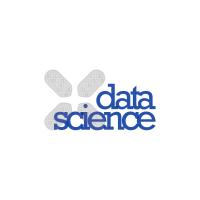Data Mining on Folksonomies
Intelligent Information Access, volume 301 of Studies in Computational Intelligence, Springer, Berlin / Heidelberg, (2010)DOI: 10.1007/978-3-642-14000-6_4
Abstract
Social resource sharing systems are central elements of the Web 2.0 and use all the same kind of lightweight knowledge representation, called folksonomy. As these systems are easy to use, they attract huge masses of users. Data Mining provides methods to analyze data and to learn models which can be used to support users. The application and adaptation of known data mining algorithms to folksonomies with the goal to support the users of such systems and to extract valuable information with a special focus on the Semantic Web is the main target of this paper. In this work we give a short introduction into folksonomies with a focus on our own system BibSonomy. Based on the analysis we made on a large folksonomy dataset, we present the application of data mining algorithms on three different tasks, namely spam detection, ranking and recommendation. To bridge the gap between folksonomies and the Semantic Web, we apply association rule mining to extract relations and present a deeper analysis of statistical measures which can be used to extract tag relations. This approach is complemented by presenting two approaches to extract conceptualizations from folksonomies.
Description
SpringerLink - Abstract
Links and resources
Tags
community
@ans's tags highlighted




